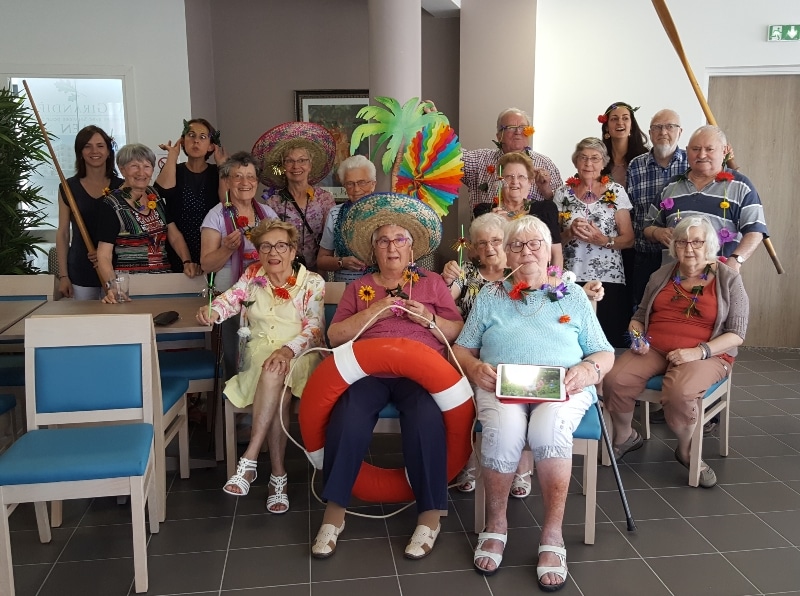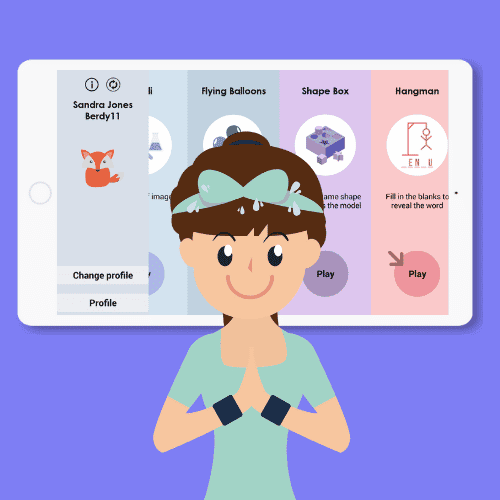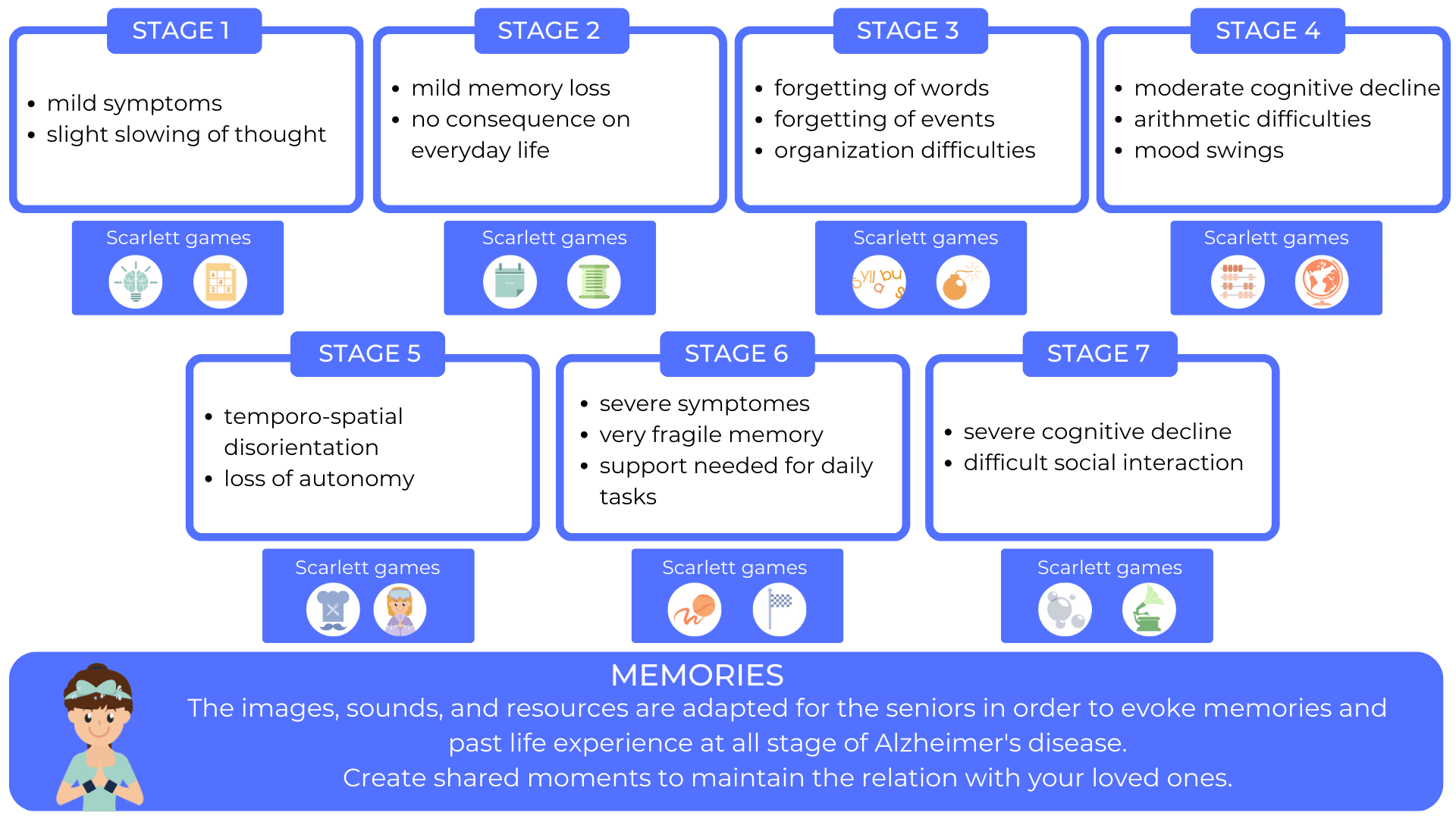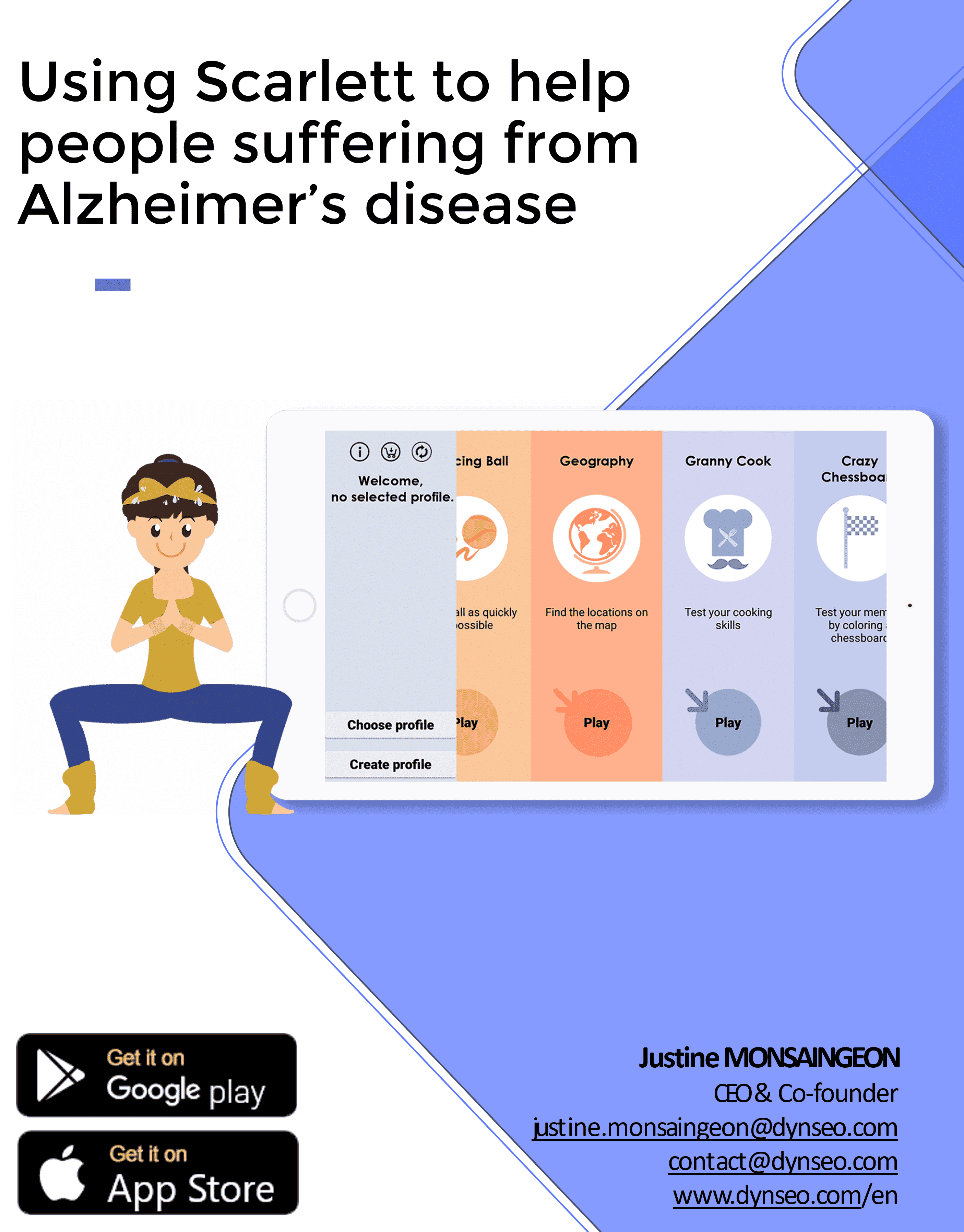As people age, they may require different levels of care and support. For seniors with dementia, finding the right living facility is crucial to ensure they receive the appropriate care and support they need. There are various types of senior living facilities available that cater to the needs of seniors with dementia. In this article, we will explore some of the different types of senior living facilities that are available.
Senior living facilities for a senior with dementia
Assisted Living Facilities
Assisted living facilities are designed for seniors who require assistance with daily living activities. These facilities offer residents a combination of personal care, support services, and healthcare, making it an ideal choice for seniors with dementia who need help with daily tasks such as bathing, dressing, and medication management. Most assisted living facilities have staff available 24/7 to provide support, and some may have specialized dementia care units.
Memory Care Facilities
Memory care facilities are specifically designed for seniors with dementia or other memory-related conditions. These facilities offer a safe and secure environment where residents can receive specialized care and support from trained staff. Memory care facilities typically offer activities and programs that are designed to stimulate memory and cognitive function. They also provide 24/7 supervision, so residents are safe and secure at all times.

Continuing Care Retirement Communities (CCRCs)
Continuing care retirement communities, also known as CCRCs, offer a range of senior living options, from independent living to assisted living and memory care. These facilities provide seniors with a continuum of care that allows them to age in place, receiving the appropriate level of care as their needs change over time. CCRCs often have an on-site healthcare center, which provides medical care, therapy, and rehabilitation services to residents.
Skilled Nursing Facilities
Skilled nursing facilities, also known as nursing homes, provide 24/7 nursing care and medical supervision to seniors who require more intensive care. These facilities are ideal for seniors with advanced dementia who require assistance with all aspects of daily living, including feeding, bathing, and mobility. Skilled nursing facilities also provide rehabilitation services and therapy programs to help seniors maintain their independence and improve their overall quality of life.
Hospice Care
Hospice care is designed for seniors with advanced dementia who are nearing the end of their life. Hospice care is focused on providing comfort, support, and pain management to seniors and their families during this difficult time. Hospice care can be provided in a variety of settings, including in a senior living facility, hospital, or at home.
Professionals that take care of seniors with dementia in those facilities
Senior living facilities that cater to individuals with dementia typically have a team of professionals with specialized training and expertise in caring for seniors with cognitive impairment. Some of the professionals that take care of seniors with dementia in these facilities include:
- Registered Nurses (RNs):Registered nurses are responsible for providing medical care and oversight to residents with dementia. They work with other members of the care team to develop care plans and ensure that residents receive the appropriate medications and treatments.
- Certified Nursing Assistants (CNAs): Certified nursing assistants provide direct care and support to residents with dementia, including assistance with activities of daily living (ADLs) such as bathing, dressing, and toileting.
- Licensed Practical Nurses (LPNs): Licensed practical nurses provide basic medical care and support to residents with dementia, including administering medications, monitoring vital signs, and assisting with wound care.
- Social Workers: Social workers help residents with dementia and their families navigate the complex emotional and social issues associated with cognitive impairment. They also provide counseling and support services to residents and their families.
- Activities Coordinators: Activities coordinators plan and implement activities and programs that are designed to engage residents with dementia and stimulate their cognitive function.
- Speech Therapists: Speech therapists work with residents with dementia to improve their communication skills and help them overcome speech and language difficulties.
- Occupational Therapists: Occupational therapists work with residents with dementia to improve their ability to perform daily tasks, such as dressing and grooming.
In addition to these professionals, senior living facilities may also have other support staff such as housekeeping and maintenance personnel, dietary staff, and security personnel to ensure that residents with dementia are safe and comfortable at all times.
Technologies can help a senior with dementia stay at home
Technology can be incredibly helpful for seniors with dementia who wish to remain in their own homes for as long as possible. Here are some examples of technology that can assist seniors with dementia at home:
Medication Management Devices
Medication management can be a critical issue for seniors with dementia, who may struggle to remember to take their medications or to take them correctly. Medication management devices can be a valuable tool to help seniors with dementia manage their medications safely and effectively. These devices may include pill dispensers, automated medication reminders, and medication tracking apps. Pill dispensers can be programmed to dispense medications at specific times and may even sound an alarm or send a notification to remind the senior to take their medication. Automated medication reminders can be set up on a smartphone or other device and may send a text message or phone notification to remind the senior to take their medication. Medication tracking apps can help seniors and their caregivers keep track of their medications, including dosage, frequency, and any potential interactions with other medications. By using medication management devices, seniors with dementia can more easily manage their medications and reduce the risk of adverse health effects due to medication errors.
GPS Tracking Devices
GPS tracking devices can be an important tool for seniors with dementia who may be at risk of wandering or becoming lost. These devices use GPS technology to track the location of the senior, allowing caregivers to quickly locate them if they wander away from home or get lost. GPS tracking devices may take the form of a wearable device, such as a watch or pendant, or may be embedded in a smartphone or other device. Some devices may also include additional features, such as fall detection or emergency alerts, which can further enhance the safety and security of the senior. By using GPS tracking devices, seniors with dementia can maintain greater independence and mobility while minimizing the risks associated with wandering and becoming lost. Caregivers can also have greater peace of mind knowing that they can quickly locate the senior in the event of an emergency.

Personal Emergency Response Systems (PERS)
Personal emergency response systems (PERS) can be an important tool for seniors with dementia who may be at risk of falls or other emergencies. PERS typically consist of a wearable device, such as a pendant or bracelet, which can be activated to summon help in the event of an emergency. Some PERS may also include automatic fall detection, which can trigger an emergency response even if the senior is unable to activate the device themselves. When the PERS is activated, an alert is sent to a monitoring center or to a pre-designated caregiver who can then assess the situation and take appropriate action, such as calling emergency services or contacting the senior’s family members. PERS can provide an added layer of safety and security for seniors with dementia, giving them and their caregivers greater peace of mind and ensuring that help is available when it is needed most.
Video Monitoring Systems
Video monitoring systems can be a useful tool for seniors with dementia and their caregivers, particularly in cases where the senior may be at risk of falls or other accidents. These systems typically consist of one or more cameras placed in strategic locations throughout the home, such as the living room, kitchen, and bedroom. Caregivers can then remotely monitor the senior’s activities using a smartphone or other device, allowing them to quickly respond in the event of an emergency or to check in on the senior throughout the day. Video monitoring systems can also be useful for detecting potential safety hazards, such as unsecured doors or tripping hazards, and for ensuring that the senior is taking their medications as prescribed. By providing caregivers with a window into the senior’s daily activities, video monitoring systems can help to ensure the safety and wellbeing of seniors with dementia, while also providing caregivers with greater peace of mind. However, it’s important to note that video monitoring should be used with caution, and that seniors and their caregivers should discuss privacy concerns and establish clear guidelines for the use of the system.
Adapted Memory games apps
Adapted memory games apps can be a useful tool for seniors with dementia, helping to improve cognitive function and memory recall. These apps are specifically designed for individuals with dementia, offering simplified gameplay and larger fonts to make them easier to use. Some apps may also include memory exercises and puzzles, designed to challenge the senior’s cognitive abilities and stimulate their brain function. Adapted memory game apps can be a fun and engaging way for seniors with dementia to stay mentally active, while also providing a sense of accomplishment and satisfaction as they improve their scores and performance over time. By using these apps, seniors with dementia can maintain their cognitive function and slow the progression of their condition, helping to preserve their quality of life and independence for as long as possible. And the Scarlett program is the perfect one for taking care of seniors with dementia and Alzheimer’s! You’ll find more than 30 easy and adapted games, than help caregivers and seniors creating links.
Scarlett, memory games for seniors with dementia

Supporting someone with Alzheimer’s with the Scarlett program

Smart Home Technology
Smart home technology can be a game changer for seniors with dementia, allowing them to live independently and safely in their own homes. With smart home technology, seniors with dementia can control a variety of devices in their homes using their smartphones, voice assistants, or other devices. For example, smart home technology can be used to control lights, thermostats, door locks, and even kitchen appliances. This technology can also be used to set reminders for taking medications, scheduling appointments, or other daily tasks. Additionally, smart home technology can be used to detect potential hazards, such as flooding or fires, and alert seniors and their caregivers in real-time. With these features and more, smart home technology can improve the quality of life for seniors with dementia, while also providing caregivers with greater peace of mind. By automating daily tasks and providing an extra layer of security, seniors with dementia can continue to live safely and independently in their own homes for longer.
Memory Aids
Memory aids can be a valuable tool for seniors with dementia, helping them to stay organized and remember important information. These aids can come in a variety of forms, such as pill dispensers, calendars, and memory books. Pill dispensers can help seniors with dementia to remember when to take their medications, while calendars can be used to keep track of appointments and important dates. Memory books can contain information about the senior’s personal history, such as family members, important events, and hobbies. By using memory aids, seniors with dementia can maintain a sense of independence and control, while also reducing stress and anxiety related to memory loss. Caregivers can also benefit from memory aids, as they can help to reduce the burden of caregiving and ensure that the senior is getting the care they need. Ultimately, memory aids can be a valuable tool for seniors with dementia, helping them to maintain their quality of life and independence for as long as possible.
It’s important to note that technology should never replace human interaction and support. While technology can be helpful, it’s crucial for seniors with dementia to have regular contact with family members, friends, and caregivers to ensure their emotional and social needs are being met.
Goverment helps to take care of a senior with dementia
Caring for a senior with dementia can be a challenging and expensive undertaking, and many families may struggle to afford the necessary care. Fortunately, there are government programs and services available to help seniors with dementia and their families access the care and support they need. Here are some examples:
Medicaid: Medicaid is a joint federal and state program that provides health coverage to low-income individuals, including seniors with dementia. Medicaid may cover the costs of long-term care services, such as nursing home care or in-home care, for eligible individuals with dementia.
Medicare: Medicare is a federal health insurance program that provides coverage for medical services and treatments. While Medicare does not typically cover long-term care services, it may cover some medical treatments for dementia, such as doctor visits and prescription medications.
Social Security: Social Security provides retirement benefits to eligible seniors, including those with dementia. Seniors with dementia may also be eligible for Social Security Disability Insurance (SSDI) or Supplemental Security Income (SSI), which provide financial assistance to individuals with disabilities.
Area Agencies on Aging: Area Agencies on Aging (AAA) are nonprofit organizations that receive federal and state funding to provide a variety of services to seniors, including those with dementia. These services may include case management, caregiver support, transportation assistance, and meal delivery.
Veterans Affairs (VA): The VA provides a variety of services and benefits to eligible veterans and their families, including those with dementia. These services may include medical care, home care, and financial assistance.
It’s important to note that eligibility for government programs and services may vary depending on factors such as income, age, and disability status. Families caring for a senior with dementia should explore all available options and consult with a qualified professional to determine the best course of action for their unique situation.
Charitable and non-profits organizations that provide support to seniors with dementia and their families
Yes, there are many charitable organizations and non-profits that provide support and assistance to seniors with dementia and their families. Here are some examples:
Alzheimer’s Association
The Alzheimer’s Association is a non-profit organization that provides a variety of resources and services to individuals with dementia and their families. These services may include support groups, educational programs, and care consultation.
National Institute on Aging (NIA)
The NIA is a division of the National Institutes of Health (NIH) that supports research on aging and age-related diseases, including dementia. The NIA also provides a wealth of information and resources for seniors and their families.

National Council on Aging (NCOA)
The NCOA is a non-profit organization that provides resources and support for older adults and their families, including those with dementia. The NCOA offers a variety of programs and services, such as caregiver support, falls prevention programs, and benefits counseling.
AARP
AARP is a non-profit organization that provides advocacy, resources, and support for individuals age 50 and older. AARP offers a variety of resources for seniors with dementia and their families, including information on caregiving, brain health, and legal planning.
Family Caregiver Alliance
The Family Caregiver Alliance is a non-profit organization that provides resources and support for family caregivers, including those caring for a loved one with dementia. The Family Caregiver Alliance offers a variety of resources, such as fact sheets, webinars, and a national caregiver registry.
These organizations can be excellent resources for seniors with dementia and their families, providing information, support, and assistance during what can be a challenging time.
Other articles you might be interested in:
The Role of Cognitive Apps in Speech Therapy for Alzheimer’s Patients
Alzheimer’s disease is a progressive neurological disorder that primarily affects memory, thinking, and behavior. As...
Memory Apps for Alzheimer’s: Enhancing Recall in Speech Therapy Sessions
Alzheimer's disease is a progressive neurological disorder that primarily affects memory, thinking, and behavior. As...
Cognitive Rehabilitation Apps for Speech Therapy with Alzheimer’s Patients
In recent years, the landscape of cognitive rehabilitation has evolved significantly, largely due to the advent of...






